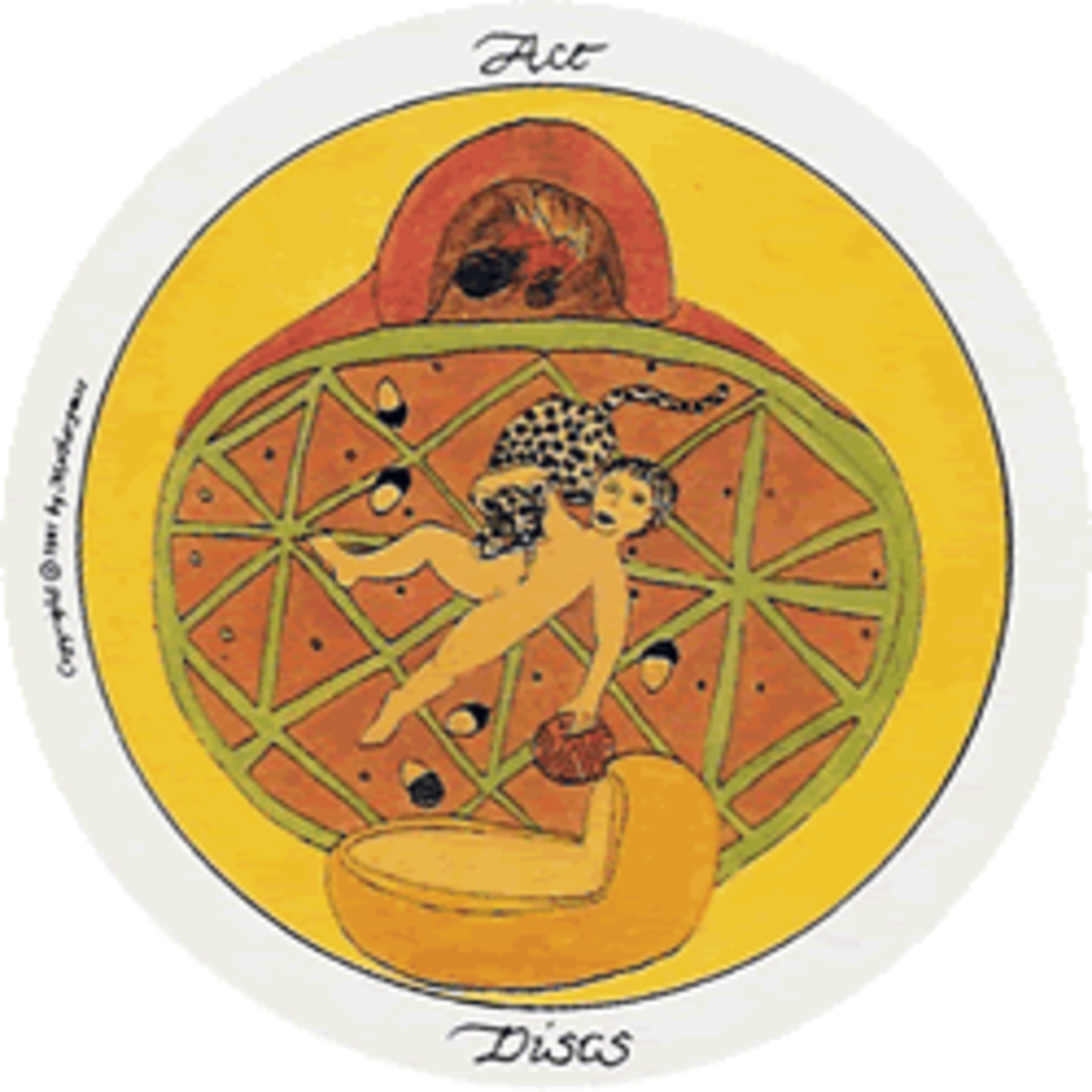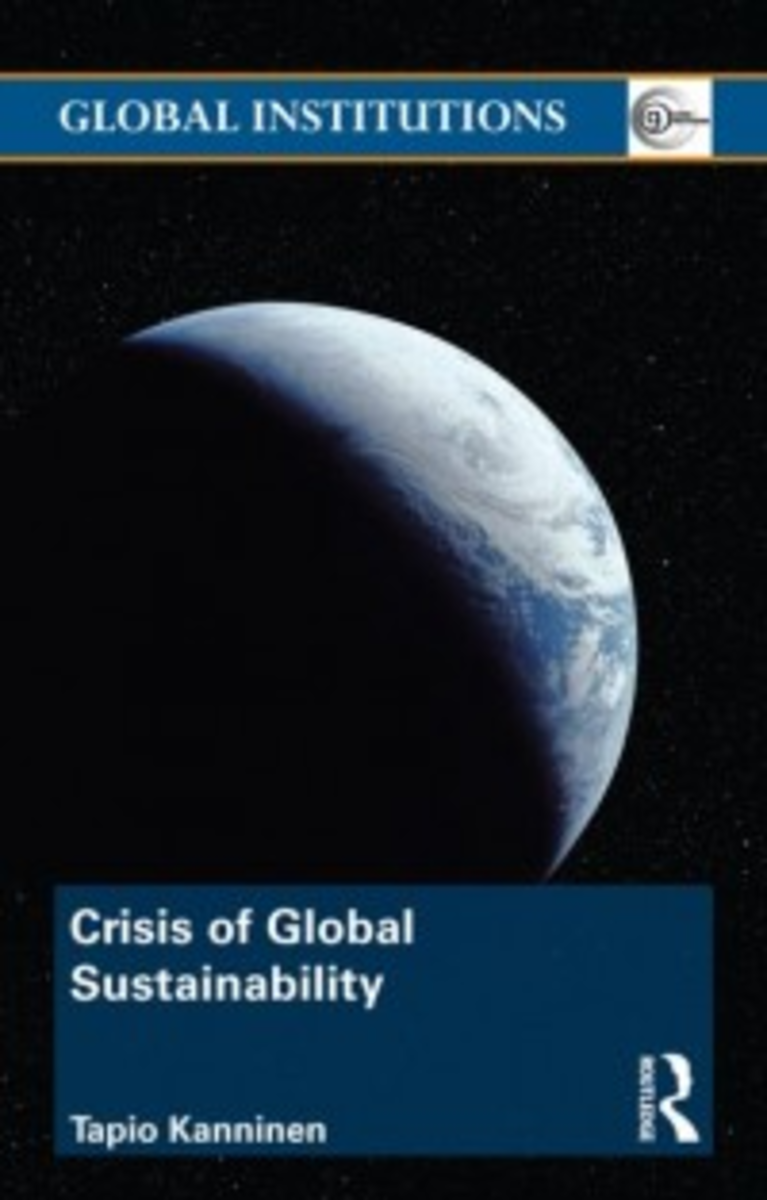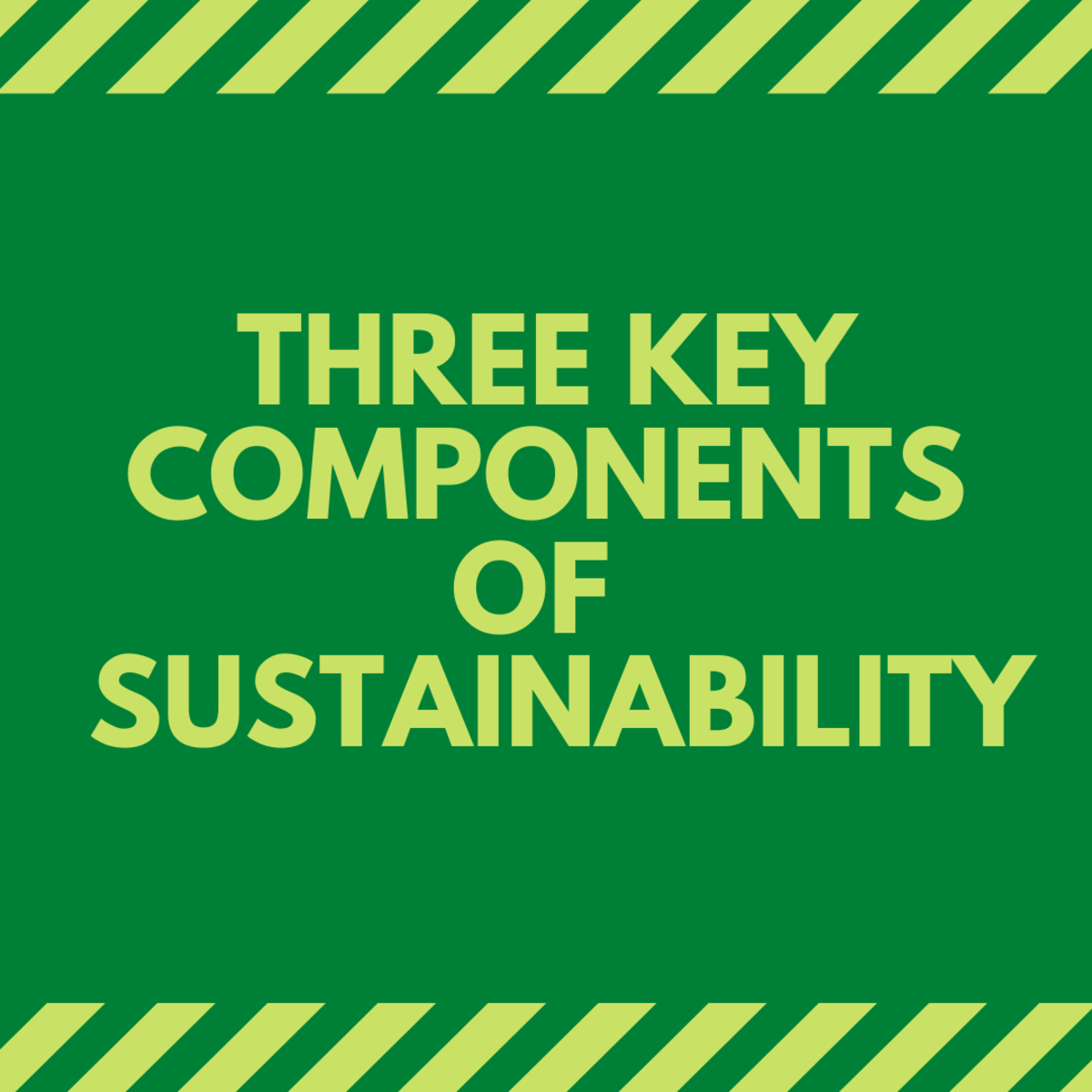Human Needs
A DEFINITION OF HUMANITY
For the sake of this report, a good working definition of humanity lies with our basic human needs. If these needs are unfulfilled, we fail to express our full humanity.
It is true that humans react to their environments in the same way as animals do. However, we also react to our environment in two ways which the animals do not and cannot:
- We react to coming events. In order to harvest food in the autumn, we must react in the spring by planting the seed. This is not the same as geese flying south for the winter. They are not reacting to the future event of winter, they are reacting to present conditions in the environment: a drop in temperature, food becoming scarce, etc. In other words, we react not to the present environment but anticipate what future environments will look like and react to them before they arrive so that we are prepared.
- We "load" situations in our environment based on past events. Our emotions are a set of priorities. Some people consider the "threat" of small insect or spider to be more important than the threat of an oncoming car. On the other hand, firemen consider a stranger's life more important than the threat of a burning building. The stronger the emotion, the higher priority the event is. It is possible to modify people's behaviour by associating a less important emotion with a more important one so that the lesser takes on the traits of the more important. People are susceptible to things which appeal to their emotions. They will get thoroughly excited or enthused about something of no consequence whatsoever, provided it is dressed up in the proper emotional form.
The Abraham Maslow list could be re-written in the light of these levels:
- Physiological_Needs______________________________Plant__
- Safety Needs
- Belonging_Needs_________________________________Animal__
- Self-Esteem Needs Human
- Self-Actualisation Needs
The problem with the definition of human needs given to us by Mr. Maslow is that it is too passive. According to it, we can only grow as far as our environment allows us. Yet this does not fit with reality. In the real world, a starving parent will give up food for their children. In the real world, people are willing to risk their lives to enter a burning building in order to save the lives of complete strangers. People are active. It is true that there is a threshold of hunger and health below which someone is too weak to act. But as soon as people rise above this threshold they become active influences on their environment. In other words, it is peoples' interest in their higher needs that influences their response to their lower needs and not the other way round.
This requires us to modify the last need to reflect this activeness so that the list would now look like this:
- Physiological_Needs______________________________Plant__
- Safety Needs
- Belonging_Needs_________________________________Animal__
- Self-Esteem Needs Human
- Self-Activation Needs
This list could be re-written in more recognisable language and may be divided into two groups: physical needs which we share with the rest of life and uniquely human non-physical needs:
PHYSICAL NEEDS
- Food: Agriculture & Agribusiness
- Health: Medicine & Hygiene
- Clean Air, Water & Sanitation
- Shelter: Building
NON-PHYSICAL NEEDS
- Education
- Religious Fulfillment
- Protection of Freedom: Defence and Law & Order
- Work & Leisure (Excitement - Brainwork)
- Relationships
This difference is important. You can live without the second group but you won't live long without the first group. In fact you can argue that if you are just concerned with the first, then you are not living - you are just surviving. It is only once life gets above basic survival that people can start fulfilling their other needs - the ones that are uniquely human and that make us human.
These needs are so integrated that until all of them are fulfilled, we fail to express our full humanity.
The most surprising need is the need for relationships. This surprise is due to the power of the concept of the individual which has come to have an iron-tight grip on Twentieth Century thought. No other idea has done so much damage to humanity and caused so much needless suffering as this one. We think that the only way to fulfill our needs and desires is by having a bigger slice of the cake which means someone else has to be deprived in order for us to get it. In fact, the reverse is true. We can only become more human ourselves by increasing the humanity of others. This is because our lives are made up of relationships. So if we destroy our relationships, we destroy the value of our lives - therefore destroying our reason to continue living. So, if I try to build myself up at the expense of others, I will lose out. I am destroying both of us.
This argument points to a truth that many of us are choosing to ignore to our cost: that the most "real" world we can live in is that of our fellow human beings. Without them, we would experience a sense of enormous emptiness; we could hardly be human ourselves, for we are made or marred by our relationships with other people. The company of animals could console us only because they are reminders, even caricatures, of human beings. A world without fellow human beings would be an eerie and unreal place of banishment. With neither fellow humans nor animals the world would be a dreadful wasteland, no matter how luscious its vegetation. It does not seem to be an exaggeration to call such an existence one-dimensional. If it were possible, human existence in a totally inanimate environment (like space) would be total emptiness, total despair.
There are two groups of basic human needs: biological needs which we share with the rest of life and uniquely human needs:
BIOLOGICAL NEEDS
- Food: Agriculture & Agribusiness
- Health: Medicine & Hygiene
- Clean Air, Water & Sanitation
- Shelter: Building
UNIQUELY HUMAN NEEDS
- Education
- Religious Fulfilment
- Protection of Freedom: Defence and Law & Order
- Work & Leisure (Excitement - Brainwork)
- Relationships
Main Hub: Living Without Cruelty








